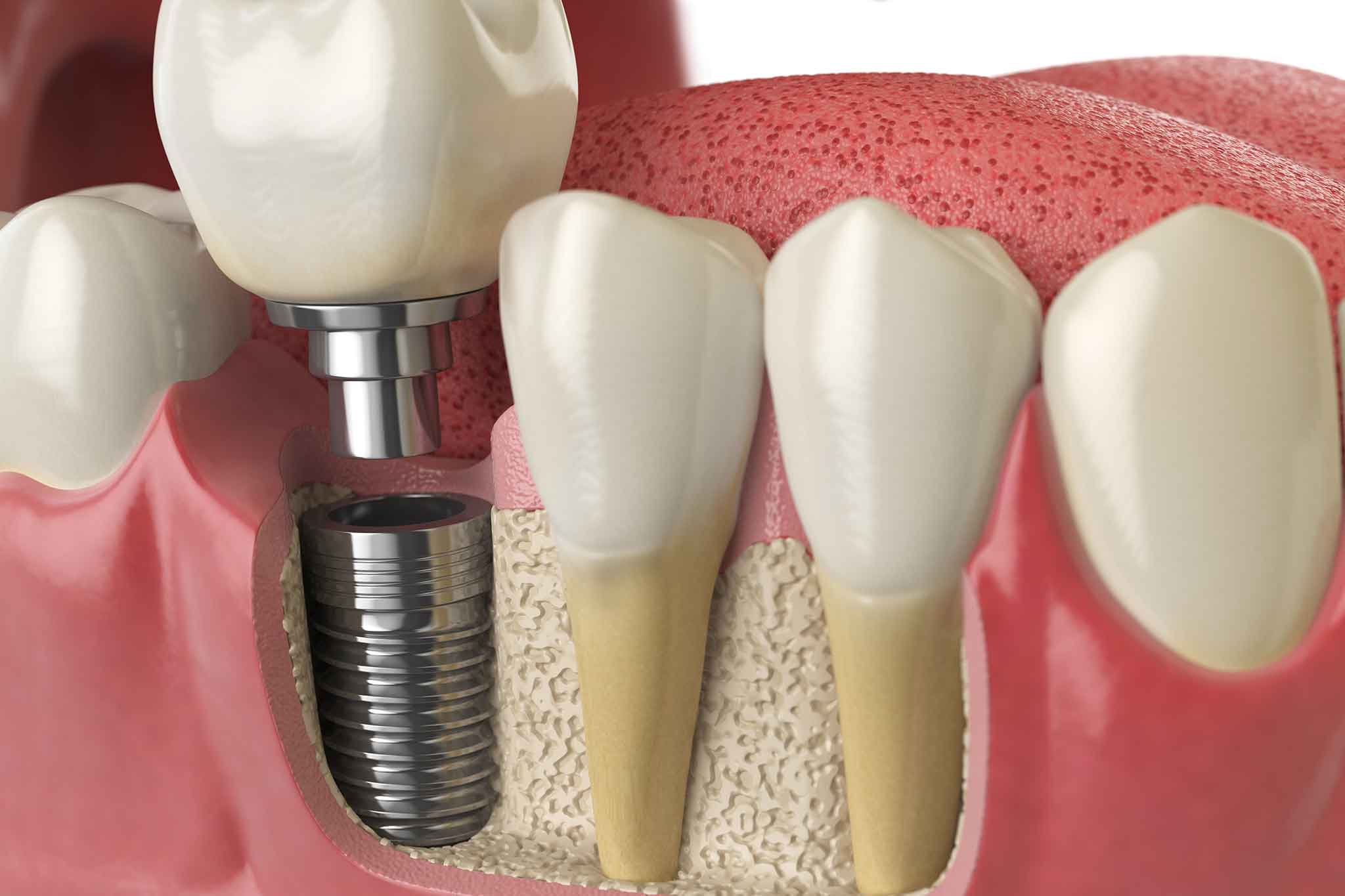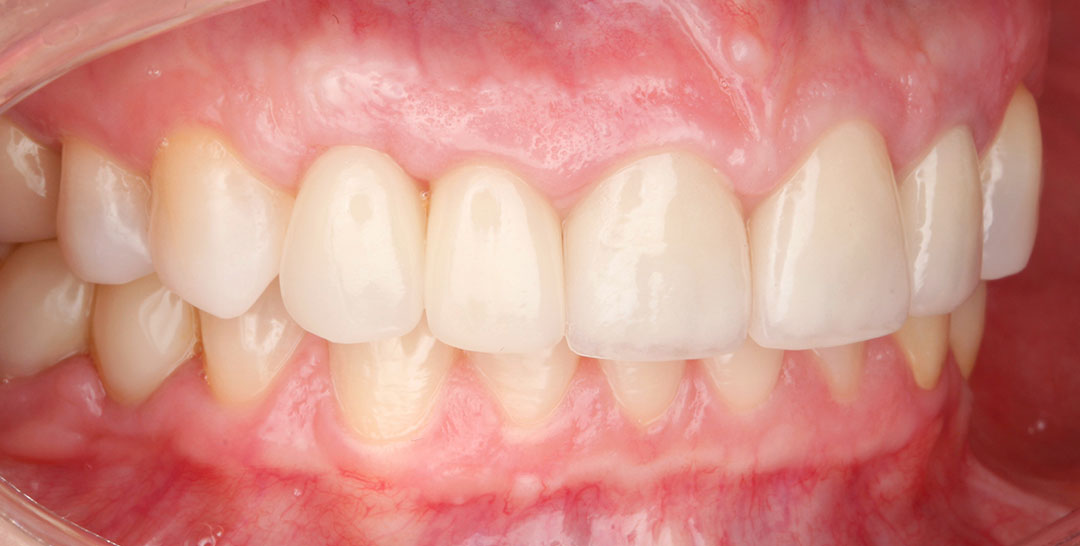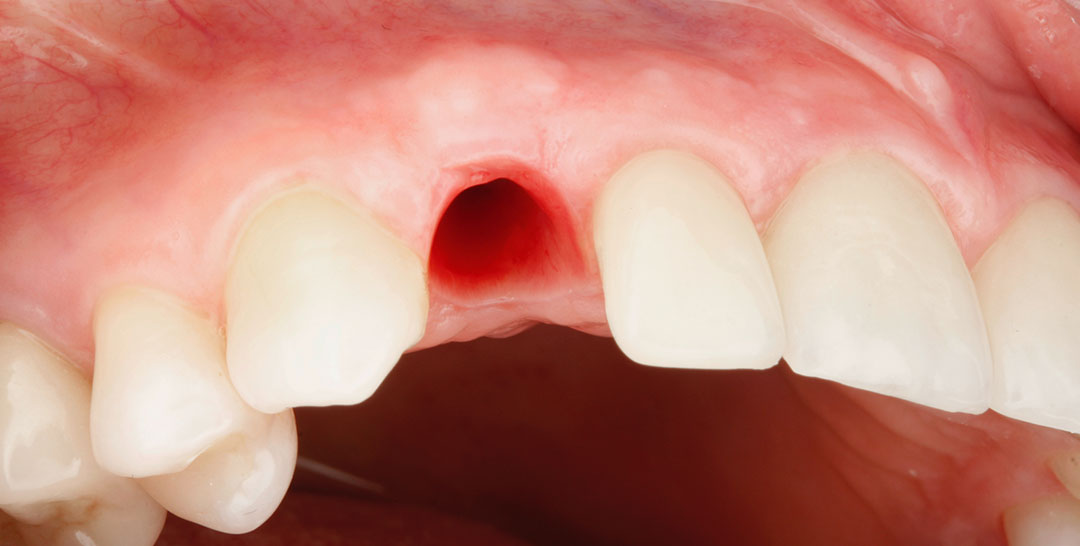
TREATMENTS
Implants
When saving a tooth is not possible, implants come to the rescue. Simply put, an implant is a new root inserted in place of a tooth that has been removed. Implants are made of titanium, which is treated by the body like bone, so it quickly fuses with it. A crown or dental bridge is screwed onto the implant to replace the missing teeth.
Everything you want to know about implants
WHAT MAKES ME ELIGIBLE FOR IMPLANTS?
Certain conditions must be met - general good health, healthy gums, sufficient bone surface to stabilize the implant, and full willingness to take care of oral hygiene by regular brushing and flossing of the implant.
CAN I PLACE AN IMPLANT RIGHT AFTER A TOOTH EXTRACTION?
This is possible, but not in every case. It requires consultation with an implantologist even before the tooth is removed, X-rays are taken and an analysis of the conditions in the mouth is performed.
IF I HAVE DIABETES AND HYPERTENSION, CAN I HAVE AN IMPLANT DONE?
Most systemic diseases, such as diabetes or regulated hypertension, are not a contraindication to the procedure, but it is important to check with the treating specialist. Blood tests are always advisable, as well as checking cholesterol or vitamin D levels.
WHAT IS THE DURABILITY OF THE IMPLANTS?
Certain conditions must be met - general good health, healthy gums, sufficient bone surface to stabilize the implant, and full willingness to take care of oral hygiene by regular brushing and flossing of the implant.
WHAT IS THE DURABILITY OF THE IMPLANTS?
The inserted implant, after a few months, permanently fuses with the bone and becomes a part of it, so with a well-planned and executed procedure, it can fulfill its function as long as the bone that holds it exists. With proper hygiene and systematic visits to the office at semi-annual intervals, the implant can serve for the rest of your the rest of your life.
HOW LONG DOES THE PROCEDURE TAKE?
The average visit time is about 60 minutes. For more complex treatments, the time can increase to two hours.
HOW TO TAKE GOOD CARE OF IMPLANTS?
Just as you would take care of your own teeth, that is, brush and floss them thoroughly and make regular hygiene visits to the dentist's office. You should also have an X-ray once a year.
IS FAILURE TO RECEIVE AN IMPLANT A HEALTH RISK?
Certain conditions must be met - general good health, healthy gums, sufficient bone surface to stabilize the implant, and full willingness to take care of oral hygiene by regular brushing and flossing of the implant.
WHAT IS THE DRAW OF FAILURE?
Very small - implants are now a very well-documented and extensively studied method of replacing teeth, with a success rate of at least 96%.
IS FAILURE TO RECEIVE AN IMPLANT A HEALTH RISK?
No, it only results in a change of treatment concept.
WHAT ARE THE CONTRAINDICATIONS TO IMPLANT PLACEMENT?
Currently, there are no contraindications, but there are some restrictions that require patients to take certain measures, such as limiting smoking due to the risk of implant rejection. In the case of diseases such as diabetes, cardiovascular disease, joint disease or osteoporosis, consultation with a leading specialist is essential.

